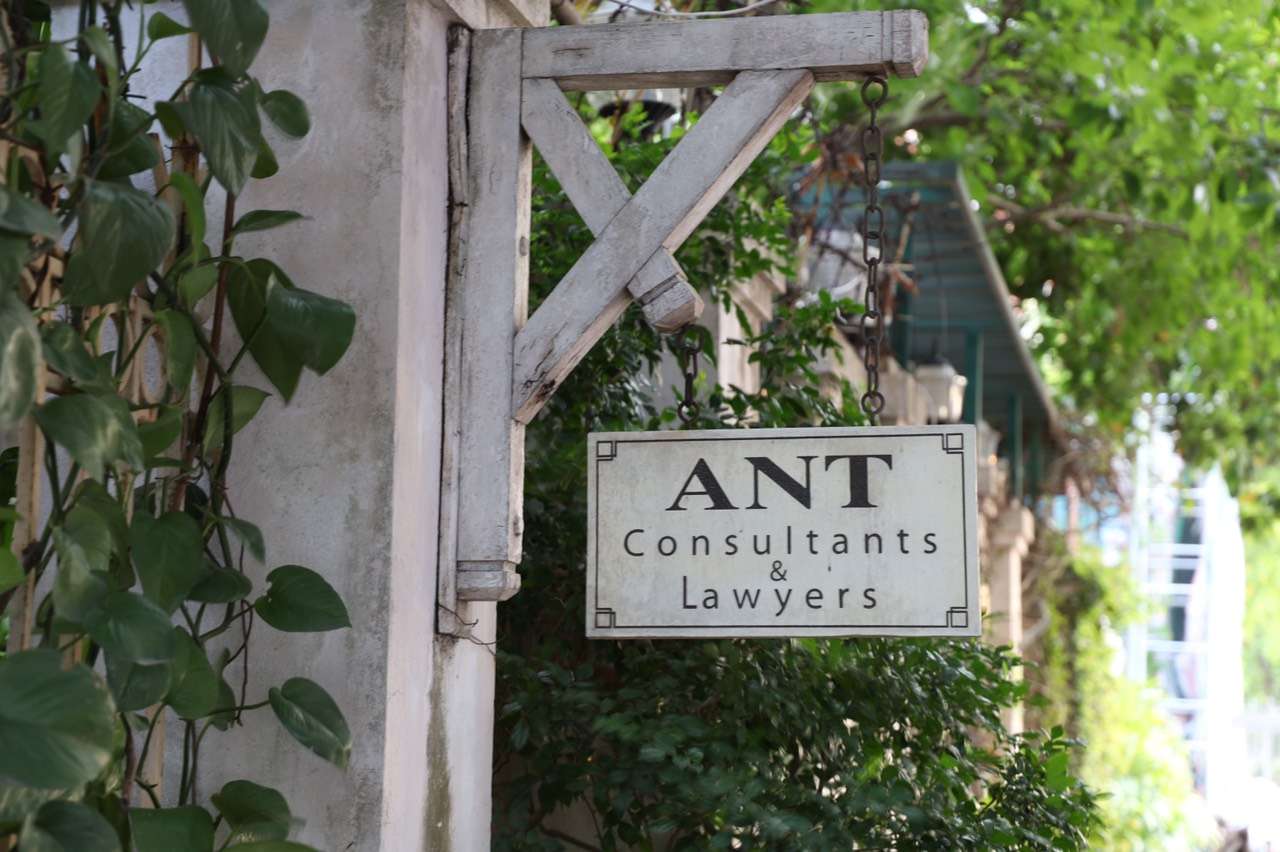The scope of the exemption applies primarily to both provisional
and formal trade remedies. For goods subject to investigation for application
of trade remedies, if falling into one of the following cases, organizations or
individuals that import/use such goods will be allowed to submit an application
for exemption. The importer or manufacturer could consult with international trade
lawyers in Vietnam to present the
case to the authority to submit application for exemption if meeting the
conditions as regulated by laws.

After the 2017 Law on Foreign Trade Management was promulgated
with a more comprehensive and comprehensive system of legal provisions on trade
remedies, the Ministry of Industry and Trade issued Circular No. 06/2018/TT-BCT
in order to provide specific and detailed regulations in this field, including
content of the scope of exemption from application of trade remedies. However,
based on Clause 1, Article 9 of this Circular, the Ministry of Industry and
Trade has only given four (04) exemptions.
After considering the actual situation, on November 29, 2019, the
Ministry of Industry and Trade replaced Circular 06/2018/TT-BCT with Circular
No. 37/2019/TT-BCT, which stipulates all six (06) types of goods which are
exempted from trade remedies. Specifically, Article 10 of Circular No.
37/2019/TT-BCT allows the Minister of Industry and Trade to consider exemption
from application of temporary trade remedies and official trade remedies for a
number of goods. Imported goods are subject to trade remedy measures in one of
six (06) cases.
First, goods cannot be produced domestically.
With this addition, it is understandable that Vietnamese law, in
addition to protecting the domestic manufacturing industry, also considers
allowing Vietnam to import important goods that cannot yet be produced on its
own, in order to ensure to fully and promptly meet the development needs of all
aspects, especially the economy and society of the country. The granting of a
trade remedy waiver for goods that cannot be produced in the country may
initially be seen as preventing the formation of a domestic industry producing
the goods. However, the introduction of a new product into the Vietnamese
market is a test for the tastes and needs of customers, through which the
importation can assess the development potential and profit of that industry in
Vietnam, thereby stimulating the investment and production of domestic
manufacturers.
Second, goods have distinctive characteristics
from domestically produced goods that cannot be substituted for domestically
produced goods.
The exemption from
trade remedies for different
goods that cannot be substituted by domestically produced goods also ensures
the supply of special goods, prevents the scarcity of goods, the supply of goods
and the supply of goods that cannot be replaced enough demand in the market.
Third, goods are special products of like
products or directly competitive goods produced in the country.
Special products are products with the same physical and chemical
characteristics as like products or directly competitive goods are domestically
produced but have some characteristics, appearance or product quality that are
different from those like products, directly competitive goods produced in the
country. Basically, this explanation also causes some confusion with the
above-mentioned case of goods with differences that cannot be substituted by
domestically produced goods, making it difficult to determine the exemption
case. However, only goods that fall into one of the six cases can apply for an
exemption, so the applicant only needs to prepare sufficient evidence to prove
that the goods they import/use in a case that satisfies the condition for an
exemption.
Fourth, like products, directly competitive goods produced in the
country are not sold on the domestic market under the same usual conditions.
Normal conditions directly affect the quality, efficiency of use,
etc. of the goods. Therefore, the difference in normal conditions has brought
special features to goods from abroad that are imported/used into Vietnam,
which is the basis for exemption from trade remedies, in order to meet the
needs of the domestic market.
Fifth, like products, directly competitive goods produced in the
country do not meet the amount of domestic use.
With the priority criteria for the development of the domestic
manufacturing industry, acts of importing/using foreign goods that cause damage
or threaten to cause damage to the domestic industry will be investigated and
applied for defensive measures commerce. However, in cases where the domestic
industry cannot meet the demand for like products, the relaxation of trade
remedies is essential to ensure supply and market balance.
Sixth, imported goods are included in the total amount requested
for exemption from regulations for research and development purposes and other
non-commercial purposes.
With this regulation, it can be seen that in the future, the goals
of science and technology development, technical level development, research
and non-commercial purposes will be increasingly focused and encouraged instead
of just economic goals as before. Therefore, it can be understood why state
agencies allow the import/use of goods for research, development and other
non-commercial purposes, even though they are likely to negatively affect the
economy domestic production.
Accurate identification of cases where imported/used goods are
exempted from trade remedy measures is extremely important and has great
significance for foreign importers and manufacturers. Therefore, before
submitting an application for an exemption, it is necessary to base on the
above provisions and consult with international trade lawyers in trade remedies
to accurately determine the scope of the exemption, in order to avoid wasting
time and money.
If Client needs any more information or request
for legal advice or potential dispute regarding trade remedies measures
including, anti-dumping, countervailing duty and safeguard measures or
international trade dispute matters, our competition, anti-dumping, and countervailing
duty lawyers in Vietnam of International trade and tax practice at ANT Lawyers,
an Anti-dumping law
firm in Vietnam always
follow up anti-dumping cases and its development to update clients on regular
basis.






















.jpg)
.jpg)
.jpg)

.jpg)